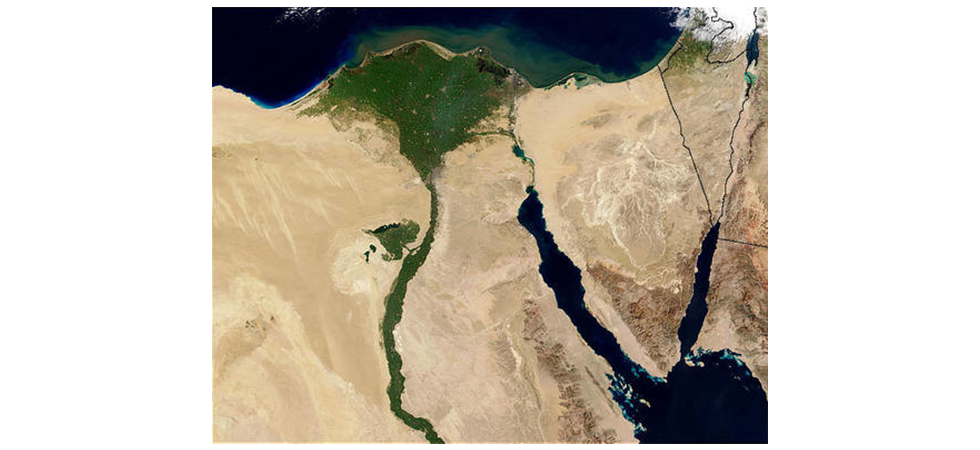Assumption Professor Appointed to Select International Climate Change Research Group

Assumption Associate Professor of History Stuart Borsch, Ph.D., has been named to the Dantean Anomaly Advisory Board, an arm of a prominent international research group studying medieval climate change. The Dantean Anomaly refers to the conclusion of a period of time in which the entire continent of Europe experienced a period of cooler temperatures coupled with overcast conditions and torrential rains. The weather phenomenon ended in 1321, the same year the philosopher Dante passed. This advisory board will focus on climate change in the Middle East, particularly Egypt.
“My studies often focus on the Nile and its annual flood, and this can be useful in a number of ways,” said Prof. Borsch of his potential contributions to the advisory board. “Climatologists have a particularly urgent need to understand the trajectory of climate change when it comes to Egypt, because much of the Nile Delta will be threatened with inundation if it turns out that sea levels rise substantially over the next several decades. Climatologists study climate change, at least in part, by studying the past, and this has often meant using the 1,400-year long record of Nile floods kept in medieval Arabic by Islamic scholars of the past.”
Prof. Borsch is an expert on the Middle East and environmental history, in particular his exhaustive research on flood records of the Nile River and changes in the medieval Middle Eastern climate during the past 2,000 years. He investigates the past, both the recent past (Egypt in the modernizing and colonizing 19th century) and the distant past – as far as Roman, Ptolemaic and even Dynastic Egypt. In regard to his study of environmental history, his focus is on the short span from the perspective of climate change, but a very long span of time in terms of shifting human cultures, modern Egypt, Islamic Egypt, Christian Egypt, Roman Egypt, Greek Egypt, and the Egypt of the Pharaohs.
“My research studies these floods in new and innovative ways and brings new data into the hands of climatologists,” added Prof. Borsch. “In fact, the project hopes to revolutionize the way scientists approach the flood record, essentially by replacing the old set of flood data points with an integrated curve for each annual flood. This will provide much greater accuracy for scientists conducting research on climate change.”
Assumption students will benefit from this relevant scholarly work as Prof. Borsch will incorporate themes from his research into his courses with a goal of offering a course dedicated to the examination of environmental history.
“I hope to bring fruitful elements of this research into the classroom as I complete my sabbatical and start the fall semester,” Prof. Borsch added. “I have recently introduced other facets of my research into my teaching. I am the first historian at Assumption to have taught Arabic for language credit, something I was able to do informally before my research year in Germany – and formally in 2015 via an independent study.”
The Dantean Anomaly Advisory Board is comprised of other prominent medieval historians from across the world including Martin Bauch, Germany; Bruce Campbell, Ireland; Emanuela Guidoboni, Italy; Christian Pfister, Switzerland; and Gerrit Schenk, Germany. The board meets two times per year in Leipzig, Germany.
Professor Borsch, graduated from Columbia University, with a doctorate in history. He has served as an historian of the Islamic Middle East, Arabic, Technology, Environment, Disease and Population at Princeton University and as a senior research fellow.
